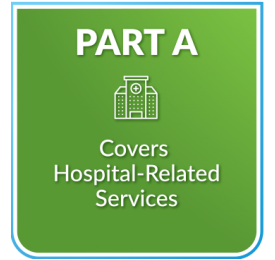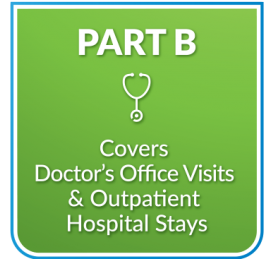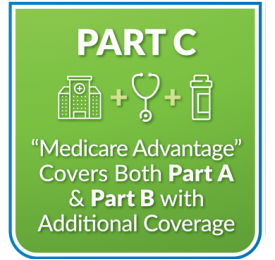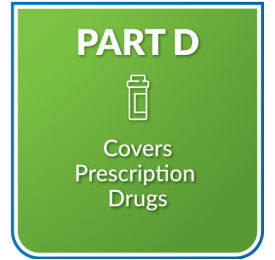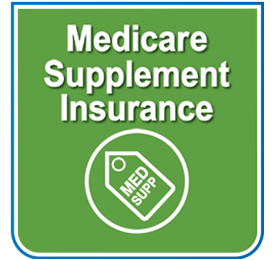Medicare Part A explained
Quick Links: Part A Covers – Part A Costs – Part A Enrollment – Part A Eligibility – Part A Premiums
Medicare Supplement Insurance also is known as “Medigap” fills in gaps Original Medicare and is offered by private companies.
Traditional Medicare plans pay for much, but not for all, and do not pay the costs for covered healthcare services and supplies. A Medicare Supplement Insurance (Medigap) policy/plan can help pay some remaining part of the healthcare costs, including:- Copayments
- Coinsurance
- Deductibles
Medicare Part A covers:
- Hospital care of inpatient
- Conditioned home health services
- Nursing facility care provided that custodial care isn’t the only care required
- Hospice care
- Critical access hospitals
- Acute care hospitals
- Long-term care hospitals
- Mental health care
- Inpatient rehabilitation facilities
- Participation in a clinical research study
Medicare Part A Costs
In Medicare Part A, you don’t pay a monthly premium for Hospital Insurance coverage if you and your spouse paid Medicare taxes while working. You will get a premium-free Part A at the age of 65 if:- You are receiving retirement benefits from social security
- You are receiving services from the railroad retirement board.
- You or your partner/spouse had government employment covering Medicare.
- You are a disabled person and got social security or railroad retirement board
- You have last stage Renal Disease
- The approximate cost is $458 each month.
- Days 1-60: $0 for each benefit period
- Days 61-90: $352 per day of each benefit period
- Days 91 and beyond: $704 per each “lifetime reserve day” after day 90 for each benefit period
Medicare Part A Enrollment
You will automatically get enrolled in Part A Medicare insurance if you turned 65 and receiving social security retirement benefits or railroad retirement board benefits. You will start receiving Medicare Part A benefits from the first day of the month you turned 65. If your birthday is on the first day of the month, your services will begin the month before you turn 65. The high time to get a Medicare plan is during your 6-month Medigap open enrollment period. You will get better prices and more policies.Medicare Part A Eligibility
You are eligible for a Medicare supplement insurance Part A if:- You are age 65 or older and a U.S. citizen.
- You are a legal resident of at least five years.
- You are getting retirement benefits.
- You are disabled and getting disability benefits.
- You have the last-stage renal disease (ESRD).
- You have amyotrophic lateral sclerosis.
Medicare Part A Premiums
Most Medicare part beneficiaries do not pay a premium if they worked at least ten years and paid Medicare taxes at that time. People who aren’t able to get premium-free Medicare Part A can also get themselves enroll in Part A and pay a premium. Four ways to pay your Premium:- Pay online via Medicare account.
- Pay directly from your Bank saving Account
- Medicare Easy Pay
- Mail check to Medicare


